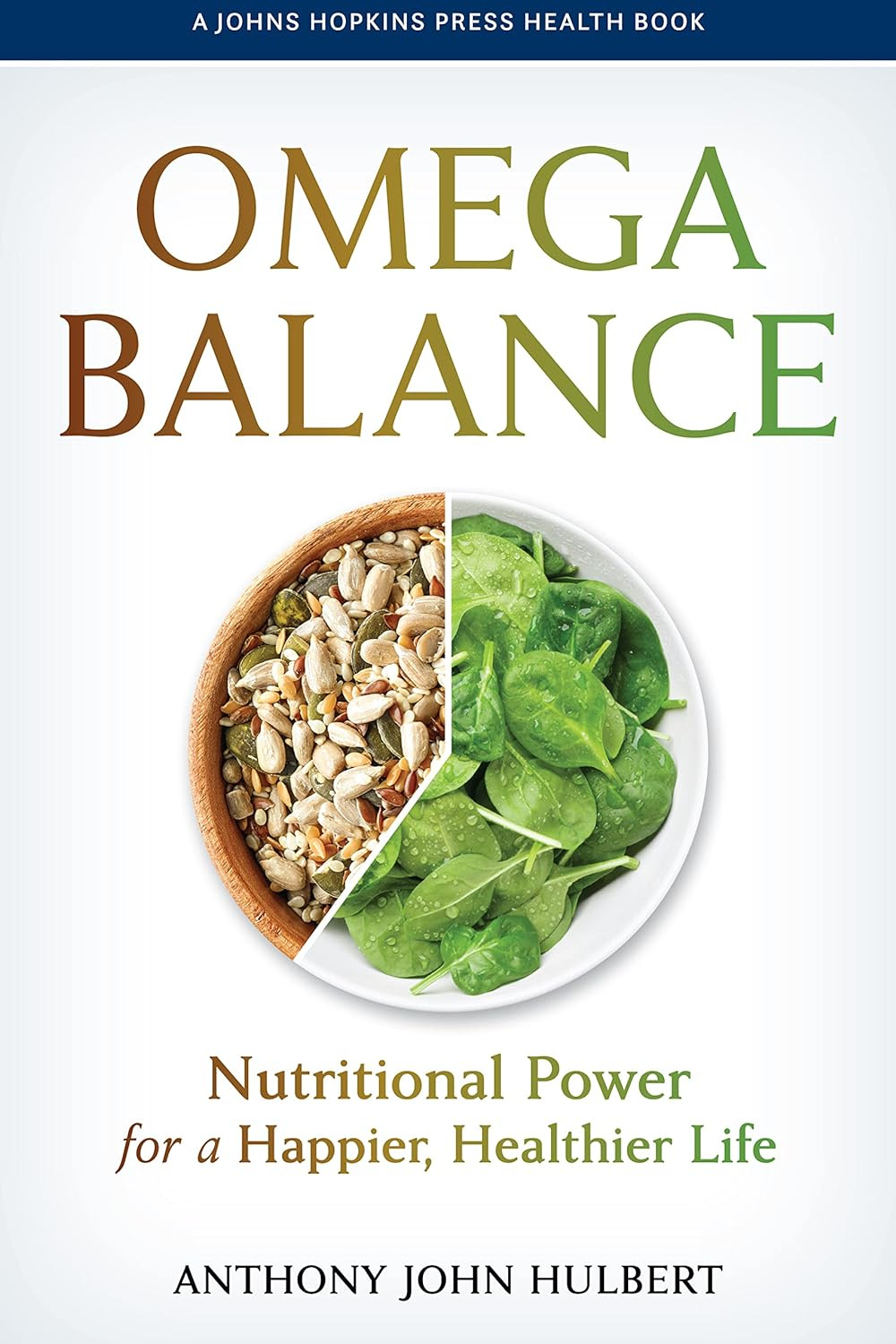Quick Study Analysis: Do Seed Oils Make You Stupid?
RCT data from human pre-term and regular-term children.
A randomly controlled trial of breast milk vs. formula with seed oil fats in pre-term infants finds an 8-point lower IQ with seed oils. (Lucas et al., 1992; Morley et al., 1988)
"For example, long-chain lipids, which are not present in formulas, are important for the structural development of the nervous system (eg, [DHA], which is accumulated in large amounts in the developing brain and retina)." (Lucas et al., 1992)
The 18 carbon 'essential' fats, like linoleic acid, are those found in seed oils. The longer-chain fats, like DHA, are what are actually essential (Carlson et al., 2019; Goodrich, 2022), and are found almost exclusively in animal fats, like human breast milk.
Of course pre-term infants still have a lot of brain development to do, and in the mother’s body they are preferentially supplied with DHA and the like.
So what would a similar study in full-term infants find?
“Conclusions: IQ scores of children who were fed a formula containing either LC-PUFAs or no LC-PUFAs did not differ at age 6 y. However, children who received LC-PUFAs were faster at processing information compared with children who received unsupplemented formula.” (Willats et al., 2013)
So they just make you slow.
“Variation in the dietary supply of LC-PUFAs in the first months of life may have long-term consequences for the development of some cognitive functions in later childhood.”
(LC-PUFA (long-chain polyunsaturated fats) refers to fats like DHA.)
As mentioned above, for most of the history of breast-milk alternatives, the only fats provided were those erroneously thought to be essential, those found in seed oils.
“In 1981 Bob Gibson and a colleague compared the fatty acid composition of twenty-six infant formulas available in Australia with that of human breast milk. 24 The source of fats in several infant formulas were vegetable oils, and although human breast milk had a quarter of its omega-3 as [DHA], this important fatty acid was absent from all of the infant formulas.” (Hulbert, 2023; referring to Gibson and Kneebone, 1981)
It's now required to include the longer-chain fats in formulas.
(This is a pretty horrible finding, btw. Yet another example of a medical experiment on unwitting humans, although it's certainly better than dying. Now think about all the mothers, like mine, whose doctors discouraged them from breast feeding...)
And I guess for the "there's no evidence of harm" crowd, this should be example #1.
The studies in this post are from the book Omega Balance. I have an interview scheduled with the author
Carlson, S. J., O’Loughlin, A. A., Anez-Bustillos, L., Baker, M. A., Andrews, N. A., Gunner, G., Dao, D. T., Pan, A., Nandivada, P., Chang, M., Cowan, E., Mitchell, P. D., Gura, K. M., Fagiolini, M., & Puder, M. (2019). A Diet With Docosahexaenoic and Arachidonic Acids as the Sole Source of Polyunsaturated Fatty Acids Is Sufficient to Support Visual, Cognitive, Motor, and Social Development in Mice. Frontiers in Neuroscience, 13, 72. https://doi.org/10.3389/fnins.2019.00072
Gibson, R. A., & Kneebone, G. M. (1981). Fatty Acid Composition of Infant Formulae. Journal of Paediatrics and Child Health, 17(1), 46–53. https://doi.org/10.1111/j.1440-1754.1981.tb00014.x
Goodrich, T. D. (2022, September 1). Podcast Ep. 5: Prof. Tom Brenna on Omega-3 and Omega-6 in Human Health—with Dr Brian Kerley [Blog]. Yelling Stop. https://tuckergoodrich.substack.com/p/podcast-ep-5-prof-tom-brenna-on-omega
Hulbert, A. J. (2023). Omega Balance: Nutritional Power for a Happier, Healthier Life. Johns Hopkins University Press. https://amzn.to/3MWffby
Lucas, A., Morley, R., Cole, T. J., Lister, G., & Leeson-Payne, C. (1992). Breast Milk and Subsequent Intelligence Quotient in Children Born Preterm. The Lancet, 339(8788), 261–264. https://doi.org/10.1016/0140-6736(92)91329-7
Morley, R., Cole, T. J., Powell, R., & Lucas, A. (1988). Mother’s choice to provide breast milk and developmental outcome. Archives of Disease in Childhood, 63(11), 1382–1385. https://doi.org/10.1136/adc.63.11.1382
Willatts, P., Forsyth, S., Agostoni, C., Casaer, P., Riva, E., & Boehm, G. (2013). Effects of Long-Chain PUFA Supplementation in Infant Formula on Cognitive Function in Later Childhood. The American Journal of Clinical Nutrition, 98(2), 536S-542S. https://doi.org/10.3945/ajcn.112.038612






Hulbert has a long arc of academic studies but very little that are current. I will take a look at his book.
Good luck with your podcast interview with Dr Hulbert